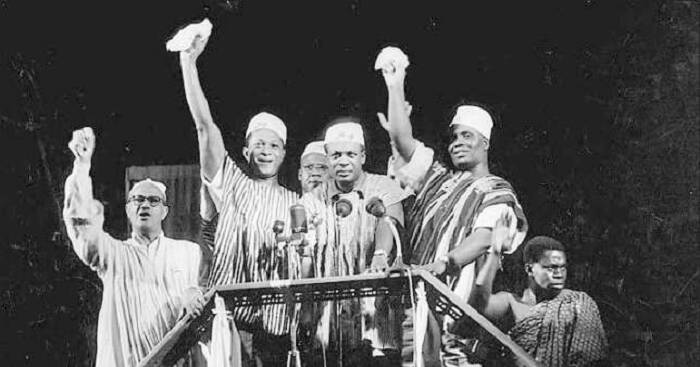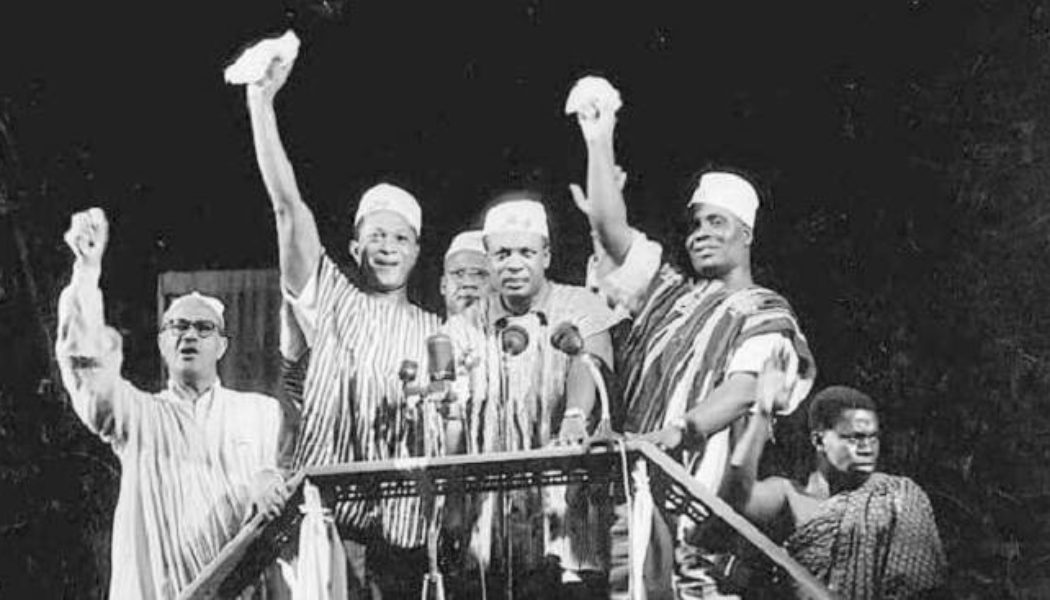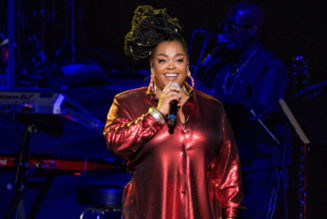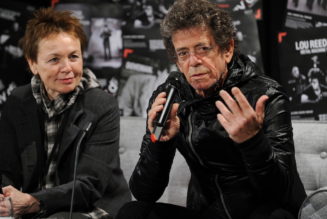
“Now Ghana, your beloved country, is free forever,” Kwame Nkrumah said to the huge crowd gathered on the old polo field in Accra, renamed Independence Square in 1957. This was a historic event, as Ghana became the first country in sub-Saharan Africa to gain independence. The music also accompanied this powerful movement, of which Nkrumah was the catalyst and figurehead. Like his ideas, highlife, the soundtrack of this period, is the synthesis of Caribbean and African influences, embodying an original, mixed, pan-African modernity: a “jazz” modernity.
And so the story of Ghanaian independence is the start of a new era in Africa. The beginning of post-colonial continent that would manifest its strength and challenges in full color in the second half of the 20th century. In this five part series on the story of the Black Star nation from the “Birth of Ghana” as written by Trinidadian singer Lord Kitchener as early as 1957, to Kwame Nkrumah’s Guinean exile and the battle for Ghana’s new seat of power as sung by Nana Ampadu in “Ebi Te Yie”. The soundtrack to this era is long. Highlife sings of the country’s best times as well as its internal struggles and the sound of American soul came to illuminate the pan-African ideals and undeniable virtuosity of Black musicians around the globe with the likes of Louis Armstrong and his visit in 1956 and the 1971 Soul to Soul concert with the likes of Ike and Tina Turner, The Staples Singers, and Wilson Pickett. Return to an era where pan-Africanism was in full-swing and the Black Star shined bright.








